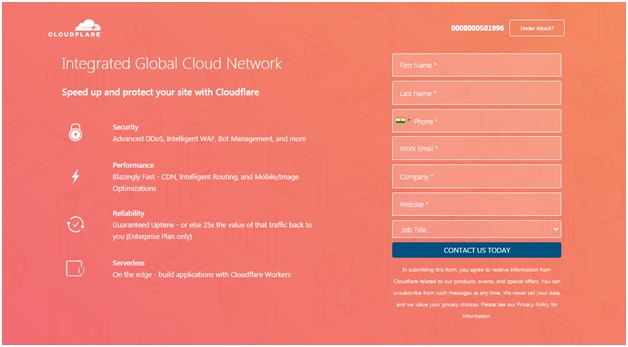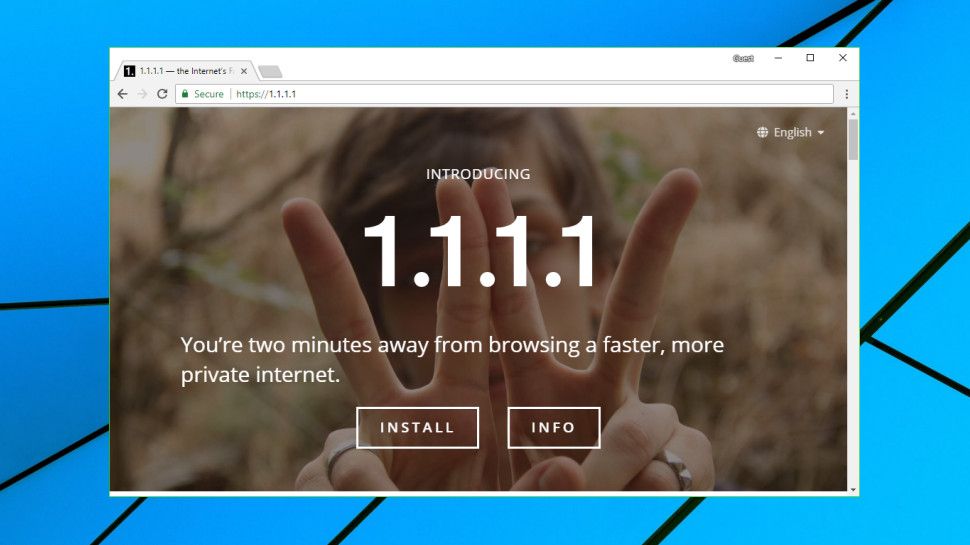Have you heard about VPN and DNS services lately? Do you know what they are and what the differences between them are? If not, then this article is for you. In this article, we will discuss the basics of VPN and DNS, their differences, and whether you need one or both of them. We’ll also explore the pros and cons of using VPN and DNS services along with the top VPN and DNS providers available in the market.
VPN for Dummies – A Beginner’s Guide
VPN (Virtual Private Network) is an online service that provides a secure connection between the user’s device and the internet. It creates a private network from a public internet connection by encrypting the user’s internet traffic and routing it through a VPN server. VPN services protect users’ online privacy and security by hiding their IP address and encrypting their online communication.

VPN services are commonly used for:
- Protecting user’s online privacy and security
- Accessing geo-restricted content (e.g., accessing Netflix US from outside the US)
- Bypassing internet censorship (e.g., accessing websites banned by the government)
Top 11 Best Free DNS Servers Gaining Popularity in 2021
DNS (Domain Name System) is an online service that translates domain names into IP addresses. When a user enters a URL into their web browser, the DNS server looks up the IP address associated with that domain name and sends it back to the user’s device. DNS services help users access websites faster by reducing the time it takes for the device to connect to the website’s server.

DNS services are commonly used for:
- Speeding up website loading time
- Blocking unsafe or unwanted websites (e.g., blocking websites with malware or adult content)
- Bypassing censorship (e.g., accessing censored websites using a DNS server that is not blocked)
Cloudflare DNS vs. Free DNS – which is best?
Cloudflare DNS is a free DNS service provided by Cloudflare, a company that offers internet security services. It is one of the most popular DNS services in the market due to its speed and security features. Free DNS, on the other hand, is a generic name for any DNS service that is free to use. There are various free DNS services available in the market, including Google DNS, OpenDNS, and Norton ConnectSafe.

When it comes to performance and security, Cloudflare DNS outperforms most of the free DNS services due to its fast response time and built-in security features. It offers better protection against DDoS attacks and DNS spoofing, which is why it is often the preferred choice for users who prioritize online security. However, for basic use, free DNS services can be a good option.
VPN vs Cloudflare DNS
While VPN and DNS services have different purposes, they can be used together to enhance the user’s online privacy and security. VPN services provide encryption and hide the user’s IP address, while DNS services provide faster website loading time and can block unsafe websites. However, if a user has to choose between VPN and Cloudflare DNS, which one should they go for?

The answer depends on the user’s needs. If privacy and security are the top priorities, then a VPN service is a better option. However, if website loading time is the main concern, then Cloudflare DNS can be a good choice. In some cases, combining a VPN service with Cloudflare DNS can provide the best of both worlds – faster website loading time and better online privacy and security.
FAQ
Q: What are the disadvantages of using VPN services?
A: The main disadvantage of using VPN services is the potential loss of internet speed. Since VPN services encrypt the user’s internet traffic and route it through a VPN server, it can slow down the user’s internet connection. Another disadvantage is that some VPN services may not work with certain websites or apps, which can limit the user’s online access. Finally, not all VPN services offer the same level of security and privacy, so users need to choose a reliable one.
Q: Why is using public Wi-Fi risky?
A: Public Wi-Fi networks, such as those found in restaurants, hotels, or airports, are often unsecured or poorly secured. This means that hackers can easily intercept users’ online communication and steal sensitive information, such as passwords or credit card details. In addition, by using public Wi-Fi, users also expose their devices to various malware and viruses that can infect their devices and compromise their security.
Conclusion
VPN and DNS services have become essential tools for online privacy and security. While VPN services offer encryption and hide the user’s IP address, DNS services improve website loading time and can block unsafe websites. Both VPN and DNS services have their advantages and disadvantages, and users need to choose the one that best suits their needs. When it comes to online privacy and security, it’s important to choose a reliable service provider and follow good online security practices, such as using strong passwords and avoiding public Wi-Fi networks.
If you are searching about How to Set Up 1.1.1.1 Cloudflare DNS Server on Windows 10? you’ve visit to the right place. We have 5 Images about How to Set Up 1.1.1.1 Cloudflare DNS Server on Windows 10? like How to Set Up 1.1.1.1 Cloudflare DNS Server on Windows 10? and also VPN vs Cloudflare DNS | TechRadar. Here it is:





VPN Vs Cloudflare DNS | TechRadar
Technology has had a crucial role in modern commerce. Particularly in today’s digital age, technology has made shopping simpler, more convenient, and efficient. One of the largest tech companies that has revolutionized the world of trade is Amazon. In this article, we will explore three key components of Amazon’s technological innovations and provide you with a link to commence buying on their website.
Purchase Link: Amazon.com
1. Easy-to-use Interface and Applications
One of the essential pillars of Amazon’s technology is its easy-to-use platform and applications. Amazon offers convenient applications for various devices, such as desktops, laptops, tablets, and smartphones. Customers can effortlessly and conveniently purchase products from anywhere and at any time. Amazon additionally offers various search and product filtering options that make it easy for users to find the items they want.
Purchase Link: Amazon.com
2. Security and Data Privacy
The next vital pillar of technology for Amazon is security and data privacy. Amazon guarantees the security of user information and transaction records. Users can buy items safely and with confidence on Amazon because they provide different secure transaction methods, including credit cards, debit cards, and other transaction options.
Purchase Link: Amazon.com
3. Efficient Delivery
Amazon additionally has a robust pillar of technology in terms of efficient logistics. Amazon provides various shipping options, including free shipping for Prime users. Amazon has warehouses and distribution centers worldwide, which allows them to deliver products fast and efficiently. Customers can easily monitor their product deliveries through the Amazon application.
Purchase Link: Amazon.com
In conclusion, Amazon is an actual example of how technology has revolutionized the world of trade. With an easy-to-use interface and applications, good safety and data protection, and quick logistics, Amazon has helped thousands of customers to buy online effortlessly and comfortably. Do not delay to commence buying on Amazon and enjoy the advantages of technology in online purchasing.
Purchase Link: Amazon.com